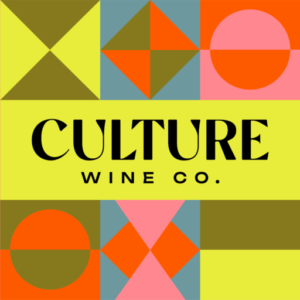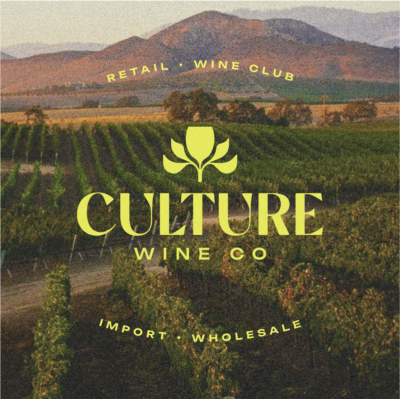
US wine importer Culture Wine Co on AGOA, short news cycles and Chenin Blanc
Piece By: Daléne Fourie
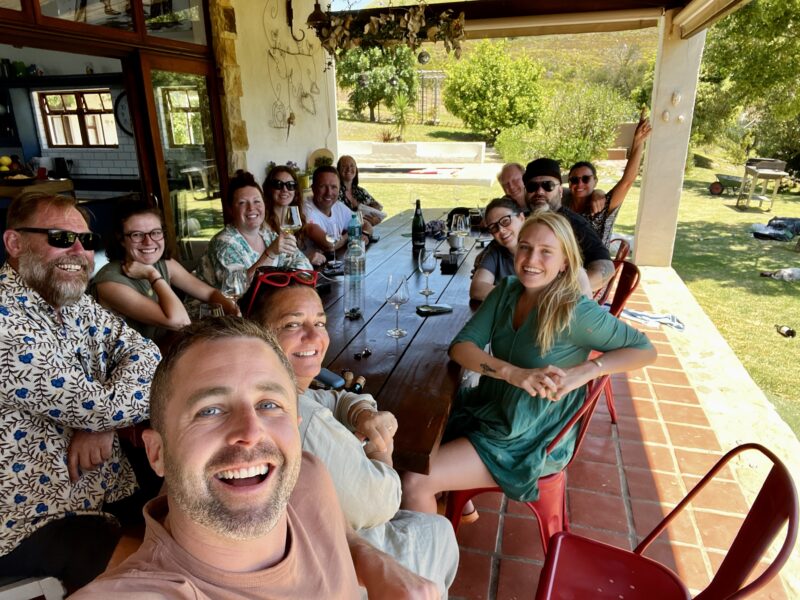 Peter and the Bot River crew a Luddite wines.
Peter and the Bot River crew a Luddite wines.
-Peter Andrews started Culture Wine Co in 2023 in California, with his first shipment of nine South African producers, after a life-changing experience in South Africa.
-With a 15-year background in the US wine trade, a WSET Diploma and an MBA, a trip to the Cape Winelands in 2023 after leaving a particularly demanding role in California, Andrews says it wasn’t just SA wine that inspired him, but the culture.
-Now two years in, amid ongoing political posturing from the new US administration and the very real threat of South Africa being excluded from the African Growth Opportunity Act (AGOA) this year, we find out why this fledgling US wine importer insists on the potential of SA wines in the US and the upcoming Hella Chenin festival he has planned in May to highlight the quality of SA Chenin among international competitors.
“I wanted to catch a spark.”- Bob Dylan when asked why he hitchhiked from Minnesota to visit his musical idol, Woody Guthrie, at Greystone Park Psychiatric Hospital in New Jersey. *My takeaway from the movie A Complete Unknown.
You could say Peter Andrews of Culture Wine Co caught a spark when he travelled to South Africa for the first time in 2023, having just left a demanding executive role at a fine wine importer and retailer in California. He went back to the US, wrote a business plan and returned to SA just a few months later, where he spent 11 days driving 1 500km across the Western Cape, meeting 50 winemakers and tasting hundreds of wines.
He left the country with his first container of winery partners, nine in total (among them Brookdale Estate, Genevieve Cap Classique, Klein Amoskuil, Luddite Wines, Maanschijn, Magna Carta Wine, Processus, Scions of Sinai, and Van Hunks – today he also represents Pieter Ferreira and Alinea) to start a new company in the US—more than a spark then.
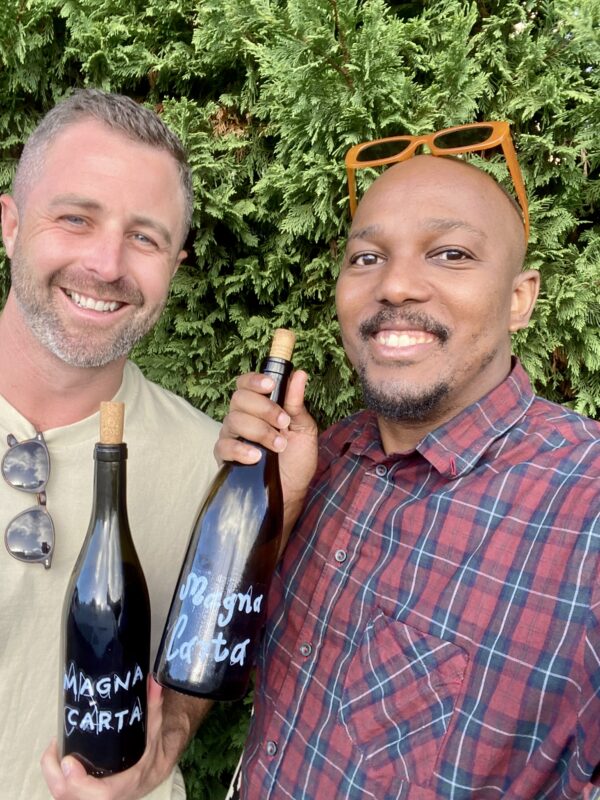
Peter and Mphumeleil (Mphumi) Ndlangisa of Magna Carta Wines.
“My passion for South African wine is rooted in a personal connection to the culture and landscape of the region. I’ve spent time in the vineyards, gotten to know the winemakers, and truly appreciate the terroir that defines each bottle. This connection isn’t just about selling wine—it’s about sharing the stories, philosophies, and uniqueness of South Africa’s wine culture with a broader audience.” – Peter Andrews.
Andrews is a buoyant kind of guy, deeply interested and interesting in return. I met him one night at Leo’s Wine Bar in Bree Street at a tasting with bar owner Matthew Freemantle (another SA wine lover deserving of a story).
Andrews has done his proverbial 10,000 hours to attain true expertise in the US wine trade and learnt a great deal during the 15 years he’s opened and managed small wine shops, held executive positions in the wine trade, taught wine business courses and Wine and Spirits Education Trust (WSET) courses in California – experience that has proved invaluable in navigating the three-tiered alcohol system of the US.
The three tiers consist of producers, distributors, and retailers. Established after prohibition, the system was designed to promote responsible alcohol sales, prevent monopolies and ensure fair competition in the industry.
Distributors buy in bulk and facilitate transport, storage and sales to end retailers, who represent a diverse array of establishments, i.e. liquor stores, supermarkets, convenience stores, bars, restaurants, and online retailers who can sell direct to consumers.
The situation is further complicated by the fact that each American state interprets alcohol laws differently—some are monopolies where the states control wholesale and/or retail sales directly, but most have privatised systems. Every state has its own regulatory body that businesses must be licensed with and report to, ensuring they operate within their authorised state.
While most states enforce a business to operate in just one tier, a few allow businesses to operate across multiple tiers, with certain restrictions, of course.
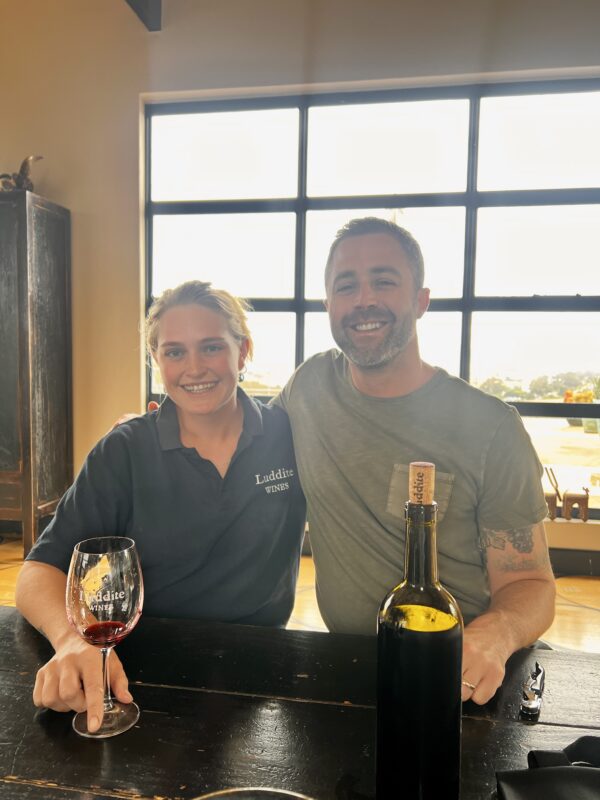
Peter and Alice Verburg of Luddite Wines.
Many US importers of SA wine are bound to the three-tier system and need to work with a distributor partner to sell to the on- and off-premise channels. This means they do the legwork of getting the wine to the US but are then tied to however the distributor chooses to market their wine.
Sometimes, that works well, but largely, SA wine has been left behind because it is then part of a larger portfolio where European or Californian wines are the driving force.
Do note South African wine only makes up around 1% of wine imported to the US, though it does represent our second-largest value export market for packaged wine at R798 million sold in 2022. We are but a blip on their radar, while they are an iceberg on ours.
Culture Wine Co is different in that it distributes wholesale throughout California and sells directly to consumers as an online retailer in 44 states, effectively cutting out the distribution layer and owning the narrative of the brands.
“By cutting out the middle layers, I can ensure that the wines are presented in a way that highlights their integrity and authenticity while also offering a more personal experience for consumers who seek unique, small-scale wines,” says Andrews.
As a one-man-band, the digital nature of the business suits Andrews perfectly and allows him to communicate the gospel of SA wine direct to consumers, and quite possibly the answer for the high-end wine market going forward: “Wine is all about in-person connection. While Instagram has given me incredible reach, nothing compares to the relationships built during a vibey by-the-glass takeover, a curated wine dinner, or a deep-dive seminar. Real conversations and shared moments bring wine (and me) to life. People also crave in-person connection more than ever, and wine is the perfect way to make that happen.”
Andrews reports his business hitting nearly every KPI in its first year and is planning the Hella Chenin Wine Festival on 3rd March 2025, in Berkeley, California. Featuring 25 Californian and 10 South African winemakers pouring some of their (and our) favourite Chenins to spotlight the variety and the quality of the wines.
With some of our best established and emerging Chenin categories like Luddite wines from Bot River, Scions of Sinai from Helderberg, Brookdale Estate from the Hawequa, Aslina, Craven wines and Bosman Wines representing SA Chenin among Californian heavy-hitters like Sandlands, Broc Cellars and Haarmeyer, it is set to be a benchmark event. For more information, visit the website here.
One of Andrews’ dreams is to build a Chenin Blanc portfolio much like that of a Burgundy importer. One highlighting the grape’s diverse regions, styles, and expressions. He believes the day will come when South African Chenin Blanc is celebrated in tastings and seminars with the same depth and reverence as the wines of the Côte d’Or. So when searching for new wines for his portfolio, he only aims for wines that reflect their place.
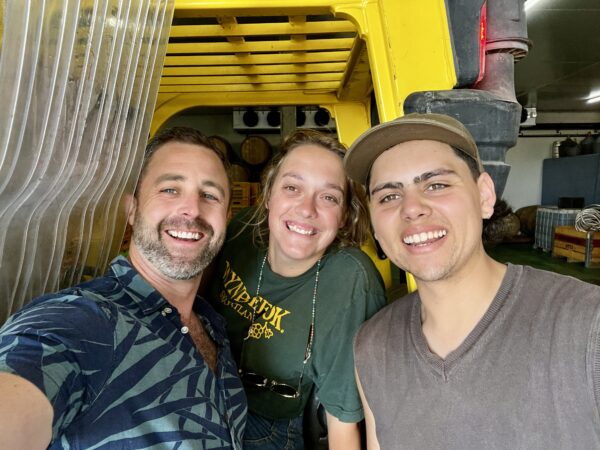 Peter with Selma Willemse and Dayton Charles of AA Badenhorst Wines.
Peter with Selma Willemse and Dayton Charles of AA Badenhorst Wines.
Asking himself whether the wine captures the character of its ward or district, whether it is farmed sustainably, organically, or regeneratively, and whether it is made without manipulation, he said: “Authenticity and a sense of place matter most.”
With the new US administration constantly in the press recently, especially with regard to SA politics (and history) and the very real threat of being excluded from the African Growth Opportunity Act (AGOA) – meant to be decided on later this year – I had to ask.
Andrews reports that the ongoing political dialogue hasn’t affected business yet. While news cycles are short and rife with uncertainty, he believes the wine business is also founded on uncertainty and uniquely suited to deal with it.
While exclusion from AGOA poses a much more credible threat, Peter says AGOA benefits currently translate to savings of approximately seven US cents per gallon (roughly 4L), varying by packaging size, wine category, alcohol content, and other factors. Wines of South Africa (WOSA) believes that this will equate to a 3-5% increase in shelf price, depending on the wine’s price point, and thus can pose a more significant threat to more accessibly priced wines, in which such an increase would push it over the invisible price barrier (you know when you’re happy to buy a R120 bottle, but R150 rubs you the wrong way).
Luckily for Andrews, none of his wines fall under the $20 mark, and the kind of market he’s chasing is more focused on the wine’s story, quality and nuance to be put out by a nominal price increase. “For me, the only path forward is premiumisation – never using the term “value”.
“I believe this approach is the key to sustainable market growth in the USA and, of course, will bring greater prosperity back to farmers and winemakers in South Africa.”
While Culture Wine Co’s portfolio is currently made up of niche and upcoming SA wines, what you’d call boutique SA wines, the brands are imbued with uniquely South African stories and culture beyond the cheap and cheerful facade of SA wine back in the day and made to stand toe-to-toe with their international counterparts confidently.
And while Culture Wine Co is a small enterprise yet, and the US market for SA wines is an uncertain environment at the moment, the very existence, enthusiasm, and optimism of importers such as his speak of that thing Neal Martin once said of South Africa – that South Africa is a visceral country. You can’t explain it; you feel it. It makes sense that Andrews found the spark that would become Culture Wine Co here.
For more information on Culture Wine Co visit the website here.
Full Article Found Here (Paywall): News24 Interview


